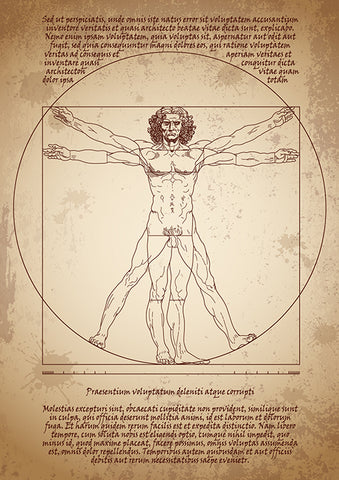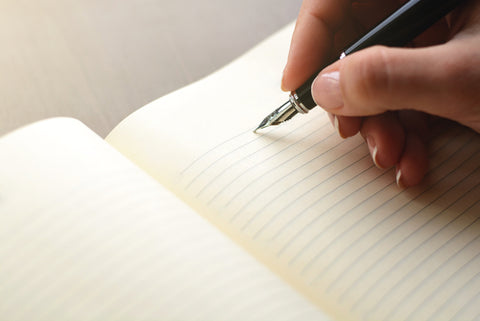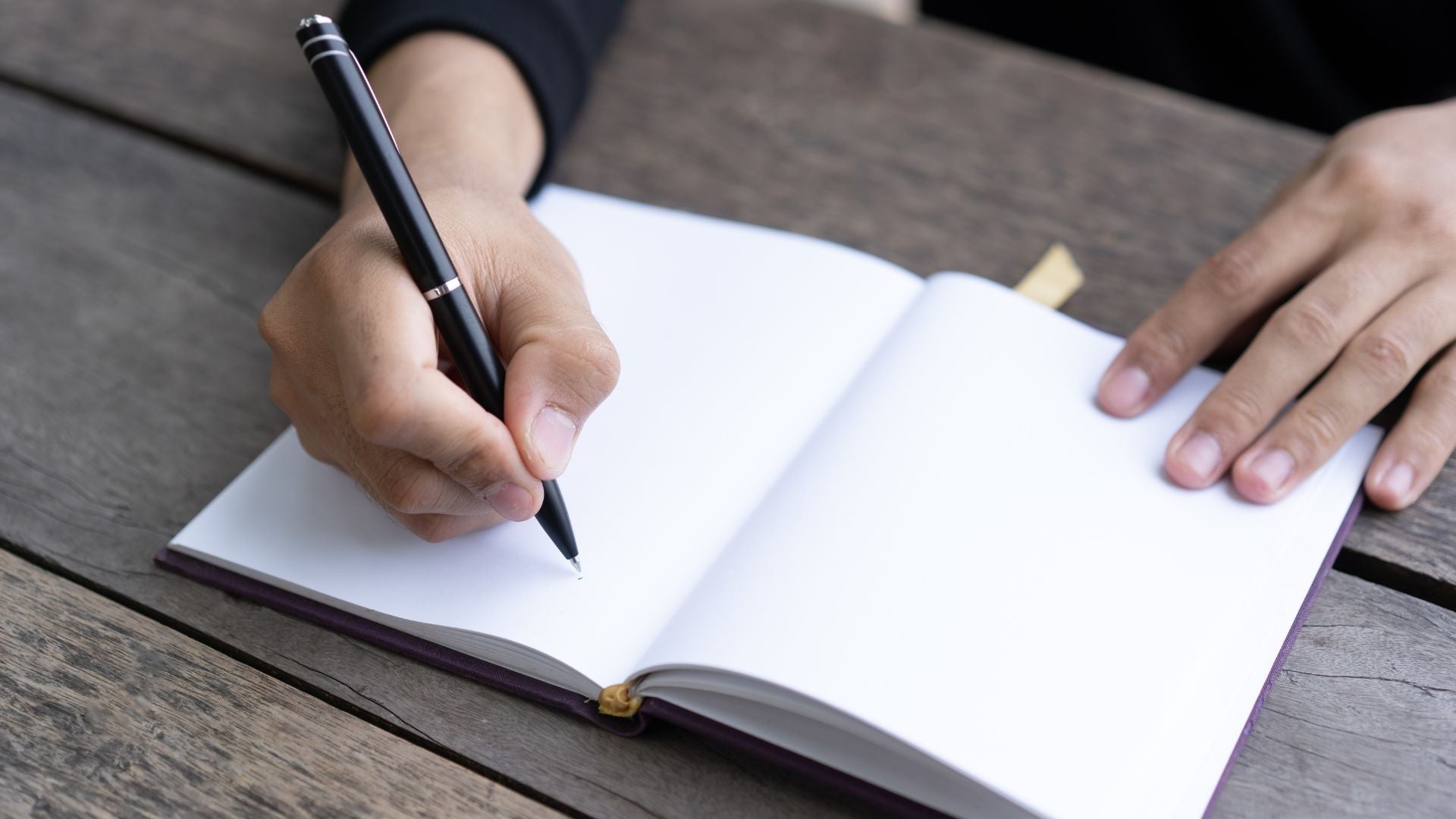Those of us who write with fountain pens know that what we choose to write with matters. Pick up a fountain pen and touch the nib to paper. Lines form into letters, letters into syllables, syllables into words and words into sentences. Our decision to write with a fountain pen, or to type on a keyboard can affect, even alter, the very nature of what we write simply because of the tools we choose to write with. Use a fountain pen instead of a keyboard and the tone, even the sense of whatever it is we wish to convey, changes. Who would write a personal letter on a computer? Use a keyboard to write a story, and it will turn out differently from a story written with pen and paper.
Writing by hand may not be a better method of writing than typing on a keyboard, but it is inherently different. At present, since most of us can both write and type, our preference for the pen or the keyboard is often determined by the task to be performed, or by convenience. However, our younger generation is writing by hand less and young people are typing more. Little time is spent teaching students how to write with pen and paper, and they are allowed to hold their pens and pencils so that their hands cramp and want to rid themselves of the pen or pencil they hold. Why?
What will happen to the written word once the keyboard has taken over? Will we lose the subtle nuances to stories hastily typed and not thoughtfully drafted by hand? Without pen and paper we will certainly lose the ephemeral drafts that were never meant to be saved at all—the raw lyrics scribbled onto a napkin in a coffee shop by the next John Lennon; the opening sentence to a short story jotted on a piece of lined paper by a fifteen-year-old future James Joyce.

We have seen them under glass in universities and museums: the early drafts and manuscripts written by the masters. We muse at how their ordinary script appears similar to our own, proving only that the quality of their penmanship has little to do with the quality of what is written. Nor does it prove that pen and paper will thrive when, instead, they are increasingly outdated tools for creative expression and communication. Let’s be honest: if our favorite lyricist or author had a choice, would he or she be sitting in a coffee shop with a pad of paper and a pencil, or would there be a laptop on the table instead?
I value the pen and paper, and feel pain watching my seventeen-year-old daughter complete a homework assignment with an inexpensive dollar store pen clutched like a club in her hand instead of being held between her fingers. I shake my head, not understanding how such a thing can occur in my own home. But it is not important to the world whether or not I understand the choices made by the younger generation, or whether or not I keep up with new technology. I wonder, though, if a laptop were available, would a pen only get in the way in today’s technology-driven world? If Bach were a seventeen-year-old today, what would he write with?
Why I still write with a fountain pen

When writing in my journal nothing less than my favorite fountain pen will do. Nothing communicates better with ink and paper. At the end of most days, I look forward to uncapping my fountain pen and touching its nib to a clean white page. As I write about the thoughts and insights I've collected throughout the day, I also watch as lines form into letters, letters into syllables, syllables into words, and words into sentences, and I'm content to be alone for a time with only my pen, some ink, and my journal for company.
Our thanks go to Paul Erano - author, fountain pen aficionado, and curator of FountainPenJournal.com where you can find a treasure trove of information, history and the latest in all things related to the fascinating world of fountain pens! A beautifully formatted periodical is also available for subscribers. This is an updated version of Paul’s essay that first appeared volume 6 No.1 of Erano's Quarterly Pen Review. Find the loveliest collection of fountain pen friendly journals right here, featuring beautifully cut pages with deckled edges (95gsm).
We welcome readers to post comments below.









8 comments
Yevette C. Gooden
Which fountain pen do you suggest for newbies?
Jasbir Singh Pun
Very aptly said sir. Handwriting is a clear reflection of one’s personality whereas a keyboard is not. My imagination starts flowing the moment I have a pen in hand. A fountain pen is not just an instrument. It’s a work of art. I own a sizeable collection of these and whenever I use them I am transported into my past and fond memories are revived. I remember that we used to compete with one another for owning the best pens. A pen and paper gives a personal touch. Whenever
Britt Leach
Bravo! Mr. Erano. So beautifully said. It’s the thoughtful part that’s important. A hand holding a fountain pen is lifted from the page as the next thought is coaxed out of hiding. No rush. Part of the rhythm of using a fountain pen. When using a keyboard, the hands hover and the fingers twitch. What is next? What is next? These days I am using two beautiful Italian fountain pens to make daily entries in my Epica journal. A Visconti Homo Sapiens and a Scribo. Seems appropriate. Beautiful Italian pens for a beautiful Italian journal. It’s possible that the pen, the journal, inspire beautiful or at least well crafted thoughts. Thanks again to Paul Erano.